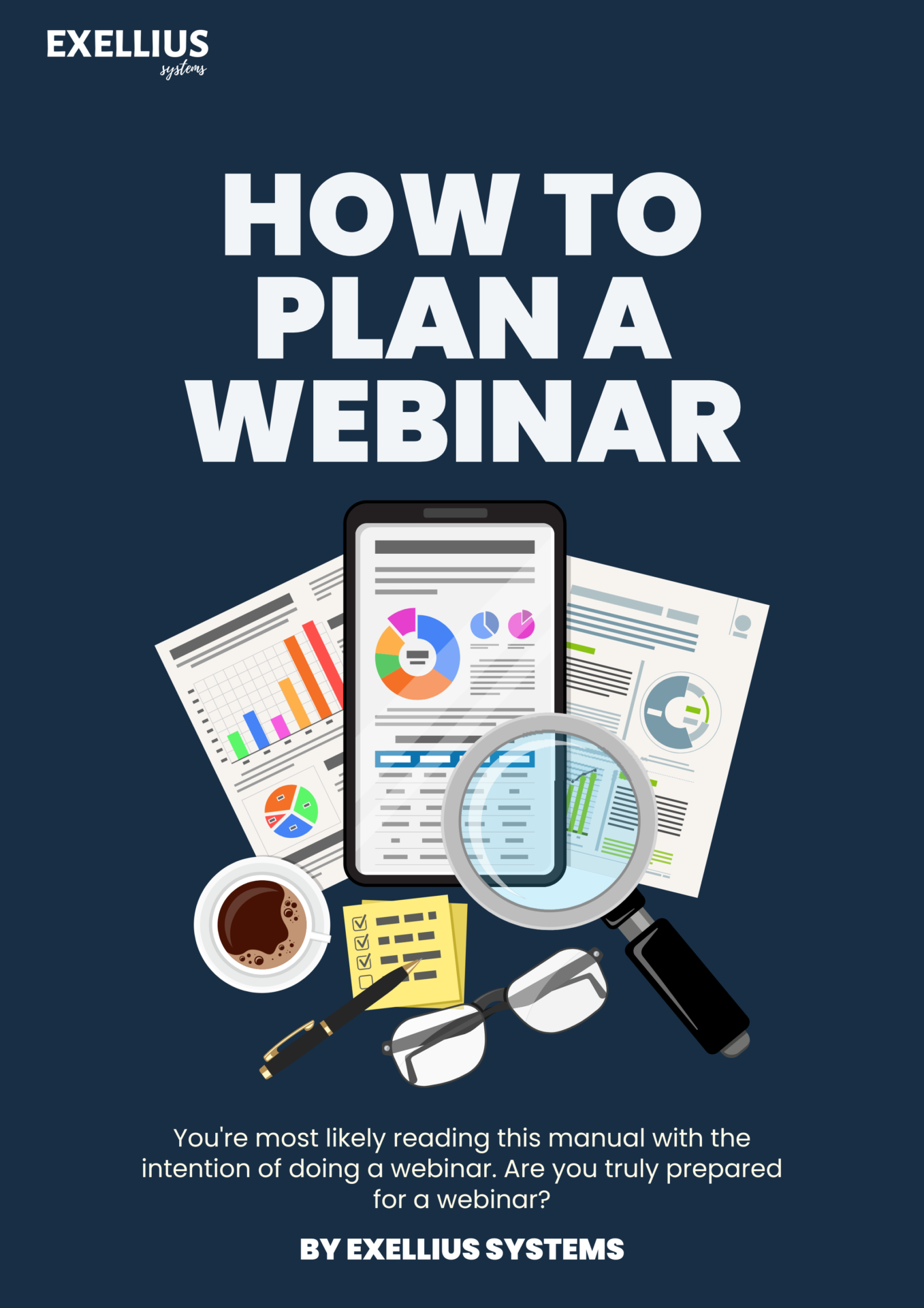
Estimated reading time: 6 minutes
Today’s reader note touches on something we haven’t mentioned much on HR Bartender – HR’s responsibilities when it comes to retirement planning.
Hi! I work at a medical group in Kentucky. Over the past couple of years, I – along with all my colleagues – have been messed with by our HR department. Millions of dollars went missing even though the money was withheld from our paychecks for our retirement accounts.
Now, all our W-2s are messed up. HR sent a corrected W-2 but it’s still incorrect.
I found you because I am trying to find a place to report them to a 3rd party. We have all had enough. We want to pay our taxes and just get this done. Can you help?
If you’re not aware, organizations and HR departments have what’s called a “fiduciary responsibility” when it comes to employee retirement plans. To help us understand what that means, I reached out to our friends at HUB International to see if they would share their knowledge.
Eduardo Gimenez, CFP, AIF, RPA, is vice president in the retirement division of HUB International’s Mid-Atlantic office. In his role, Eduardo focuses on providing full-service retirement plan strategies include investment analysis and due diligence to employee communications. He holds the Certified Financial Planner (CFP), Accredited Investment Fiduciary (AIF), and Retirement Plan Associate (RPA) designations and was named a top retirement plan advisor by the Financial Times.
Please remember that Eduardo’s comments should not be construed as legal or tax advice. If you have detailed questions, they should be addressed directly with your financial advisor, benefits broker, or friendly neighborhood labor and employment attorney.
Eduardo, thanks so much for being here. Let’s talk about retirement plans. There are many types: 401(k), 403(b), pensions, etc. But aren’t all retirement plans governed by the Employee Retirement Income Security Act (ERISA)? Could you briefly explain what ERISA covers?
[Gimenez] ERISA is a federal law that sets minimum standards for retirement plans in private industry. For example, if your employer maintains a retirement plan, ERISA specifies:
When you must be allowed to become a participant,
How long you must work before you have a non-forfeitable interest in your benefit,
How long you can be away from your job before it might affect your benefit, and
Whether your spouse has a right to part of your benefit in the event of your death.
Most of the provisions of ERISA are effective for plan years beginning on or after January 1, 1975. Some organizations are exempt from ERISA like church plans and government sponsored retirement plans.
One of the things I know about ERISA is that it includes requirements about fiduciary responsibilities. Could you explain what fiduciary responsibility means in the context of retirement plans? Who typically owns this responsibility in most organizations?
[Gimenez] ERISA requires accountability of plan fiduciaries. ERISA generally defines a fiduciary as anyone who exercises discretionary authority or control over a plan’s management or assets, including anyone who provides investment advice to the plan. Fiduciaries who do not follow the principles of conduct may be held responsible for restoring losses to the plan. Fiduciaries typically can be retirement plan committee members like the chief financial officer (CFO), chief human resources officer (CHRO), chief executive office (CEO), and/or plan advisor(s).
Here are a couple of hypotheticals. If I’m an employer and something goes wrong, like a glitch in the system doesn’t post an employee’s retirement contribution right away, are there actions I’m required to take (i.e., like notify employees)?
[Gimenez] Salary deferrals, loan payments, and after-tax contributions must be deposited on time to avoid penalties and extra employer costs. But what does “on time” mean? Once withheld from paychecks, deferrals and loan payments become plan assets as soon as they can be ‘reasonably segregated’ from the employer’s general accounts. That means ASAP – as soon as possible! Once a time of deposit precedent has be set, the employer must stick with this time frame. For example, if an employer makes the deposit the next day, this is the expectation going forward.
The U.S. Department of Labor (DOL) requires the employer to pay extra amounts to make up for the lost earnings from the date the deposit should have occurred through the date the actual deposit is made. In addition, earnings on the lost earnings must be paid.
The U.S. Internal Revenue Service (IRS) also applies a 15% excise tax on the lost earnings. This tax is paid using IRS Form 5330. If the earnings owed are not paid in the same year the deposit was due, the 15% excise tax applies again in the next year. This continues each year until the error is fully corrected.
Some deposits may be late due to events outside the control of the employer. This could be anything unexpected, ranging from the accountant getting sick, to a natural disaster. When this happens, the employer should document the reason. The deadline may be treated as satisfied when this occurs.
On the flip side. If I’m an employee and I suspect that the organization doesn’t know what the heck they’re doing when it comes to retirement plans, do I have recourse under ERISA?
[Gimenez] Yes, employees do have the right to sue the organization’s plan and its fiduciaries. Employees can do this to enforce or clarify their rights under ERISA and the plan in the following situations:
To appeal a denied claim for benefits after exhausting the plan’s claims review process,
To recover benefits due to you,
To clarify your right to future benefits,
To obtain plan documents that you previously requested in writing but did not receive,
To address a breach of a plan fiduciary’s duties, or
To stop the plan from continuing any act or practice that violates the terms of the plan or ERISA.
Last question. For the most part, we’ve been talking about the employer’s obligations under ERISA. If I’ve (individually) never had fiduciary responsibilities before, is there some place I can go to learn more about the proper way to handle things?
[Gimenez] The U.S. Department of Labor has a web page that offers additional information about fiduciary responsibilities. In addition, the U.S. Government Accountability Office (GAO) has a report on fulfilling fiduciary obligations.
I want to extend a huge thanks to Eduardo for sharing his knowledge with us. If you’re interested in learning more, check out HUB’s 2023 Outlook on Employee Benefits & Retirement.
Employee benefits, including retirement benefits, are both important and complex. We often tell employees that their benefits package is a part of total compensation, which is true. But that also means we need to get it right. No one likes having their pay messed with.
Image captured by Sharlyn Lauby while exploring the streets of Las Vegas, NV
The post Fiduciary Responsibilities Under Employee Retirement Plans – Ask HR Bartender appeared first on hr bartender.








